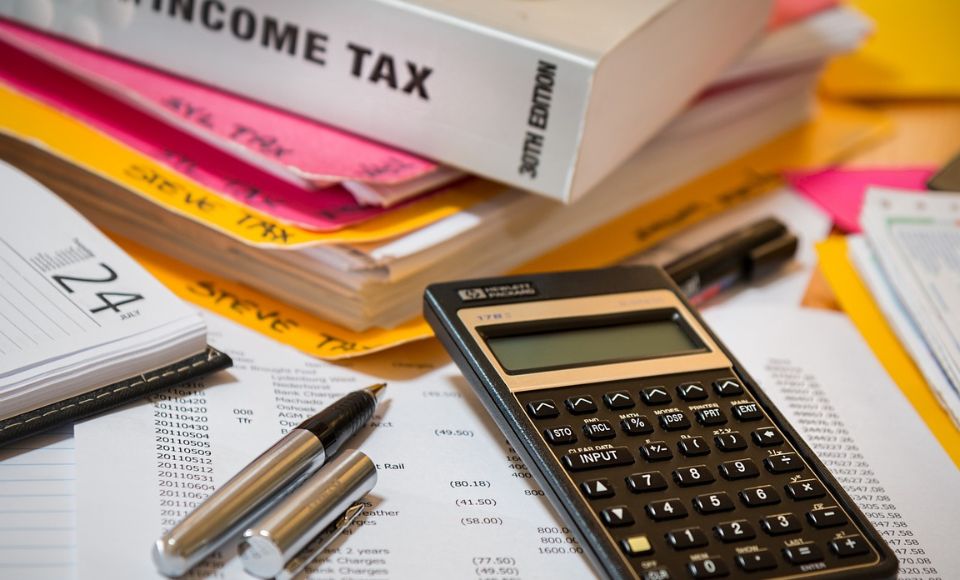As a landlord, what bills are you liable for?
📝 Council Tax: Most local authorities charge landlords 100% council tax from the day a tenant moves out, meaning you are immediately liable. While exemptions exist, they vary by council and situation, so it’s important to check your local council’s website for details.
⚡ Gas & Electricity: A common misconception is that no bills accumulate when a property is vacant. However, energy is still used (e.g. lights, alarms, appliances), and daily standing charges apply. Expect about 50p per day per supply, meaning a month-long vacancy can result in around £30 in charges, even with no energy usage!
💧 Water: fun fact – United Utilities are second only to HMRC in making people bankrupt through non-payment of bills! Their trump card is this: if you don’t inform them of the liable party (tenant) then they can come after you.
Like gas & electric, standing charges apply – even if no water is used.
🌐 Internet & Broadband: at least this one you don’t have to worry about! Unless you include it within your rent (you shouldn’t!) then it’s solely in the tenant’s name and cannot transfer to you. Virgin Media will try and charge you to return the router, but just ignore them.
⚙️ How does this problem occur?
When tenants leave, they only care about ending their own liability with the supplier (fair enough!)
Usually, tenants don’t know a landlord’s correct details so when they give the landlord’s details to the suppliers, you see plenty of weird & wonderful names on accounts – and they often get their own addresses wrong!
All this means is that the situation is now:-
- Incorrect NAME
- Incorrect supply ADDRESS
- Incorrect CONTACT details – and that means you’re none the wiser when there is an outstanding bill.
✅ What solutions are there?
We will continue to notify suppliers of who is liable & when; however, we’re seeing more & more instances of inaccurate bills being generated by the suppliers, regardless of the information they are given.
Despite us using an audited system, the energy companies often get things wrong.
Unfortunately, it isn’t just a case of correcting their mistake when you find out about it. By then, you may have a CCJ stopping you from getting a mortgage – or even a mobile phone contract.
What actions can landlords take?
Prevention is better than cure, so do these things to stay safe from Dirty Dan’s Debt Collection Agency:-
- Proactively set up ‘landlord’ accounts with the major suppliers
- These are ‘underlying’ or ‘default’ accounts that the suppliers keep so they know who the ultimate owner is.
- Make sure the relevant supplier has YOUR correct details (set up an online account to make this bulletproof).
- We don’t recommend using c/o addresses, especially for our office address, as there is no guarantee this will arrive by post and you can’t just login and see what’s going on.
- Set up credit file alerts
- Before anyone can secure a CCJ against anyone else, they have to prove a length of time of non-payment.
- Set up credit file alerts so that any unpaid bills show on your credit file as ‘delinquent’, but prior to enforcement.
- Ensuring the credit rating agencies link your information together is crucial to making sure you are alerted to issues. For more guidance, Check your credit rating & report for free – MSE.
- Re-confirm at each tenancy changeover
- After each tenancy changeovers have completed, and your new tenant is in, we can send you a copy of the audited supplier’s information so you can proactively contact the suppliers. You can set up triggers
🙋 FAQs
Will you pass bills on to me if you receive them?
Yes, of course we will. However, as they will be attachments to emails, there is no guarantee that they won’t get lost in junk or be blocked by your ISP. Also, you may have forgotten to tell us about a change of address!
Should I pay a bill as soon as I receive it?
No. We recommend you check its accuracy first. Contact the supplier; confirm the dates that you are liable for; and then make sure the bill is accurate first.
Can I stop tenants from changing suppliers so I always know who the supplier is?
No, this isn’t allowed by law (here)
Is your current address?
Have you moved home since you bought the property?
Will your accountant pass on the post to your home address? They usually charge for the privilege, so it may not be set-up by default.



